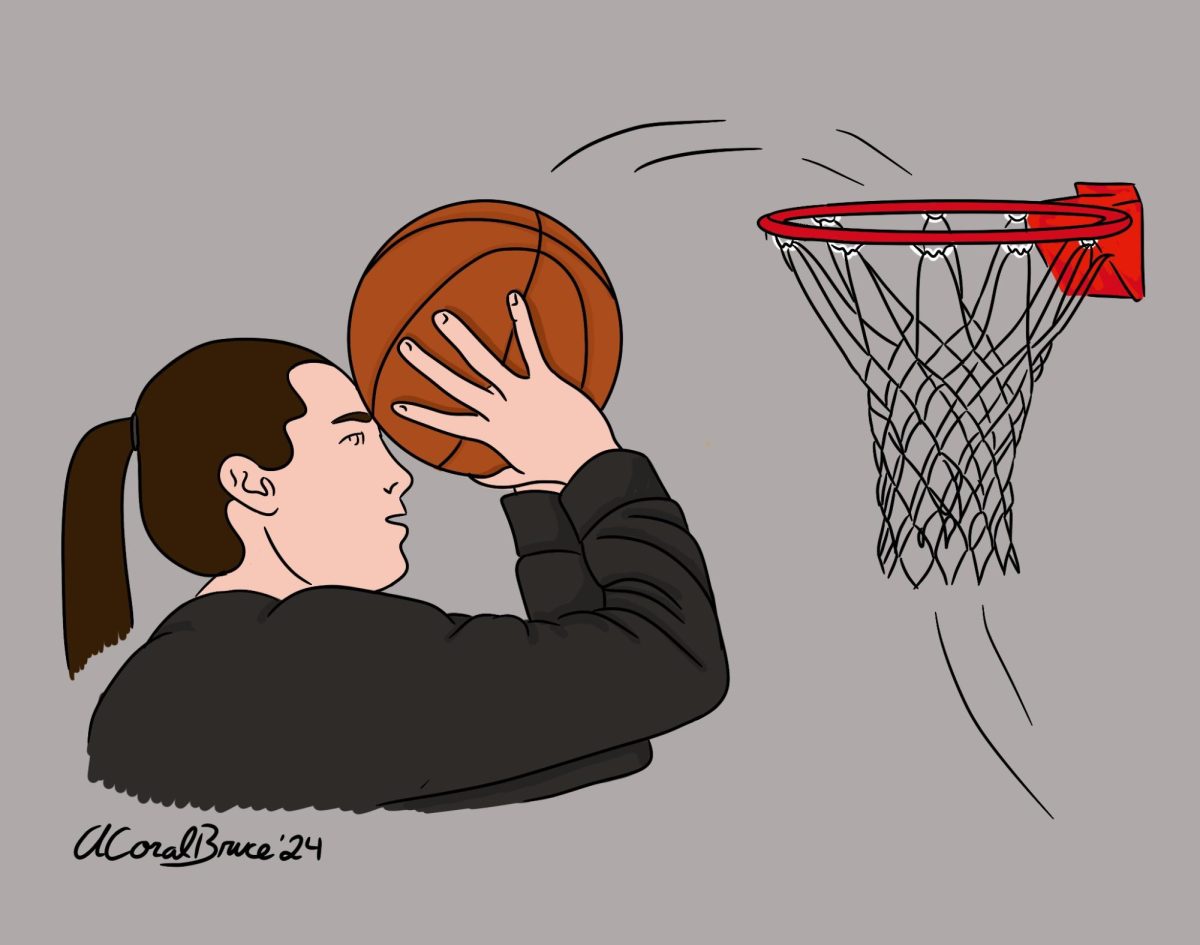Sports Commentary
Matt Jonathan
For the Review
The regular season in Major League Baseball sees each team play more than 160 games. That’s a minimum of 1,440 innings. How many games matter? Possibly the last 20, when things start to get interesting.
Then comes the postseason where everything is finally decided following eight months of play. The postseason is the time when fans get the most excited and games start to heat up. In a league where a single game seems trivial, wins, losses and league records seem insignificant until the last 20 or 30 games when a team really has to pay attention to what they are doing. However, as with most things, there are exceptions.
After an ever-astounding 162 regular season games, the Twins and the White Sox ended up tied. A single-game playoff was needed. While this is not unheard of, I had never known such a result was possible, or that the MLB, which often has gaps of 10-20 games between teams, had a process for breaking a tie.
I actually thought about what a single game in MLB could mean for the two teams. If either team won or lost one more game, this tiebreaker would have been unnecessary. Each team had 162 chances to change their fate. In actuality, the beginning of the season was just as important as the later part. Twins fans will be thinking about all the close games where a single run decided their team’s outcome. White Sox fans will be thinking of 2005 when the Sox won the World Series. Their hopes remain for the season’s grand prize.
But, of course, this is an exception. Look at the rest of the league. There was a 21-game difference between the Los Angeles Angels and the Texas Rangers and a 7.5-game gap between the Chicago Cubs and the Milwaukie Brewers. Three divisions were determined by a gap of one or two games between first and second place.
The gap between first and last was, on average, 27 games in all divisions.
One major question comes out of this: Does MLB need 162 games in a season?
To determine which teams are the best, most likely not; to generate the most revenue, absolutely.
To be fair, a longer season helps prevent ties similar to the one decided Tuesday night. But is this worth it when games at the beginning of the season seem as close to meaningless as any professional game can be? How many teams look back and say that one game three weeks into the season made a difference? Not many.
MLB, and most American professional sports leagues for that matter, make up for the lack of regular season excitement with playoffs and drama of the postseason. The whole reason behind a wildcard bid is to put in another team to potentially go on a run and create a real-life fairy tale.
This year it is up to the Brewers to be the underdog and get the borderline fans motivated.
Playoffs give teams a fresh start and are practically a season all their own.
My point is further justified through the concept of Division Champions. Division champs are at the end of the regular season, and then teams go onto the new season trying to win the World Series.
Today, we talk about the drawn-out season of the “American pasttime.” Personally, I would prefer a shorter season with plenty of drama, because a shorter season means games would mean more. A team does not have as many opportunities to make up for past screw-ups.
A shorter season means less revenue for the league and franchises as well as fewer games for the die-hard fans. I don’t think a shorter season would detract from or hurt the game for the game’s sake.
It may get the borderline fans, who I like to call “playoff fans,” more into the game. This is just a different perspective and, of course, has pros and cons that can be debated.
With the White Sox and the Twins playing a tiebreaker to determine who goes to the playoffs, I suppose you can’t really say there wasn’t drama before the postseason. We’ll see what the postseason can do. Until then, ignore the stats.






